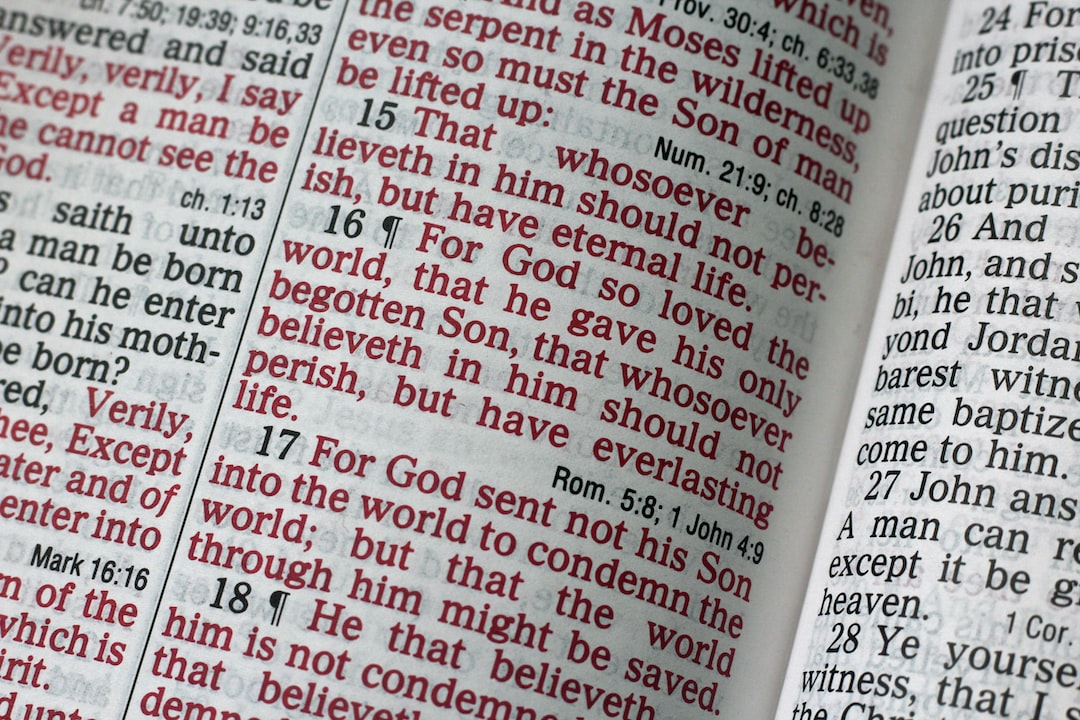Analyzing the Concept of Heaven and Hell Across Different Religions
The concepts of heaven and hell have been integral parts of religious beliefs for centuries. These ideas offer people a glimpse into the afterlife and provide answers to questions about the ultimate fate of human souls. While heaven and hell may be familiar terms in Christianity, other religions also have their own unique interpretations of these realms.
Christianity, as one of the most widespread religions globally, places a strong emphasis on the afterlife. In Christian teachings, heaven is portrayed as a place of eternal peace and happiness, where individuals are reunited with God after death. It is depicted as a realm free of suffering, pain, and sin. On the other hand, hell represents a place of punishment and eternal separation from God. It is described as a fiery abyss, where souls are condemned to suffer for their sins. Christianity sees the afterlife as a result of one’s deeds and faith during their lifetime.
In contrast, Islam, another major religion, also acknowledges the existence of heaven and hell. Muslims believe that paradise (Jannah) is a reward for righteous individuals who have devoted themselves to Allah and followed his teachings. In Jannah, believers are promised eternal bliss and pleasure. On the other hand, hell (Jahannam) is seen as a place of torment for those who have committed grave sins and failed to seek forgiveness. Islamic teachings emphasize that heaven and hell reflect the ultimate justice of Allah.
Eastern religions, such as Hinduism and Buddhism, approach the concept of the afterlife differently. Hinduism believes in reincarnation, where the soul is reborn in a new body after death until it achieves enlightenment (moksha) and merges with the ultimate reality (Brahman). In this context, there isn’t a fixed heaven or hell, but rather different realms or planes of existence depending on one’s karma. A virtuous life leads to a higher rebirth or even liberation from the cycle of birth and death.
Buddhism also believes in the cycle of rebirth, known as samsara, but attaining enlightenment (nirvana) is seen as the ultimate goal. Similar to Hinduism, Buddhism doesn’t necessarily define specific heavens or hells; instead, it focuses on the consequences of one’s actions and state of mind in determining the future rebirths. Buddhists seek liberation from suffering and the cycle of rebirth through following the Noble Eightfold Path, a set of ethical principles.
The indigenous religions of various cultures also offer unique perspectives on the afterlife. Native American tribes, for instance, have often believed in an interconnectedness between the physical and spiritual realms. Many tribes envision an afterlife as a peaceful spiritual dimension where the deceased are reunited with their ancestors. This perspective reflects a reverence for nature and the idea of an eternal cycle of life.
Analyzing the concept of heaven and hell across different religions reveals the diverse interpretations and beliefs surrounding the afterlife. Whether it is the Christian notions of eternal reward or punishment, the Islamic understanding of justice, the Hindu and Buddhist focus on rebirth and enlightenment, or the indigenous views of spiritual connectedness, heaven and hell shape individuals’ understanding of what awaits them in the next life.
Regardless of the specific beliefs, the concept of heaven and hell serves as a moral compass, encouraging individuals to lead virtuous lives and fostering a sense of accountability for one’s actions. Moreover, these notions offer solace, hope, and purpose to many believers as they navigate life’s trials and challenges, knowing that their actions and faith have lasting consequences beyond the mortal realm. Thus, understanding different religious perspectives on heaven and hell can promote tolerance, respect, and empathy among individuals of various faith traditions.

